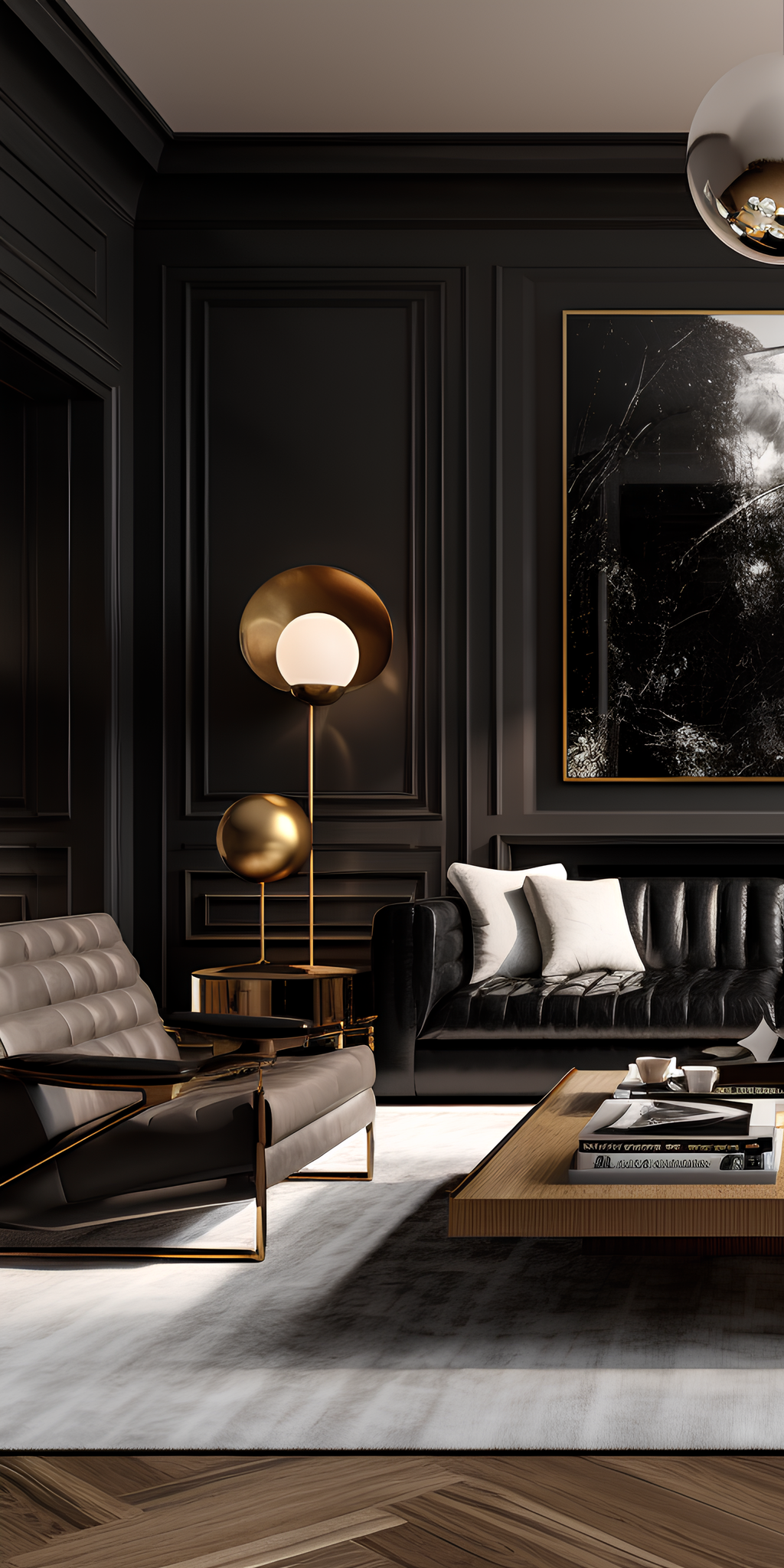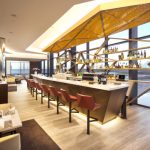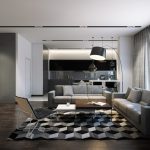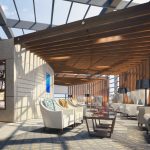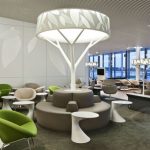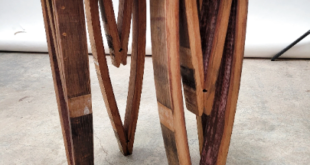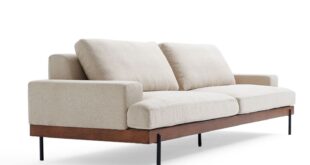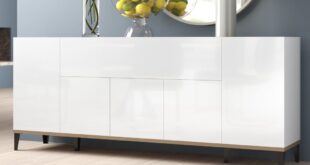Lounge design plays a crucial role in creating a welcoming and relaxing atmosphere in any commercial or residential space. A well-designed lounge can encourage social interaction, provide comfort, and enhance the overall experience for its users. From furniture selection to lighting and layout, every aspect of lounge design should be carefully considered to achieve the desired ambiance.
One of the key elements in lounge design is furniture selection. Comfortable seating options such as plush sofas, armchairs, and ottomans can help create a cozy and inviting atmosphere. Additionally, choosing furniture pieces with high-quality materials and stylish designs can add a touch of elegance to the space. It is important to strike a balance between aesthetics and functionality to ensure that the lounge is both visually appealing and comfortable for its users.
Lighting is another crucial aspect of lounge design that can greatly influence the ambiance of the space. Soft, ambient lighting can create a warm and inviting atmosphere, while task lighting can provide adequate illumination for reading or working. Additionally, the use of accent lighting to highlight certain elements in the space can add a dramatic effect and create a focal point for the lounge.
The layout of a lounge is also an important consideration in its design. The arrangement of furniture and the flow of traffic should be carefully planned to create a comfortable and functional space. It is essential to strike a balance between creating intimate seating areas for smaller groups and providing open spaces for larger gatherings. Careful attention should also be paid to the placement of tables, seating, and other elements to ensure that the lounge is both visually appealing and practical.
Color and texture play a significant role in lounge design as they can help set the mood and create a cohesive look for the space. Selecting a color palette that complements the overall theme of the lounge and incorporating different textures such as fabrics, wood, and metal can add depth and visual interest to the design. Additionally, the use of patterns and prints can help create a dynamic and inviting atmosphere in the lounge.
In conclusion, lounge design is an essential aspect of creating a welcoming and comfortable space for users. By carefully considering elements such as furniture selection, lighting, layout, color, and texture, designers can create a lounge that encourages social interaction, provides comfort, and enhances the overall experience for its users. A well-designed lounge not only looks visually appealing but also serves as a functional and inviting space for relaxation and socializing.
 efistu.com Home Decor
efistu.com Home Decor
